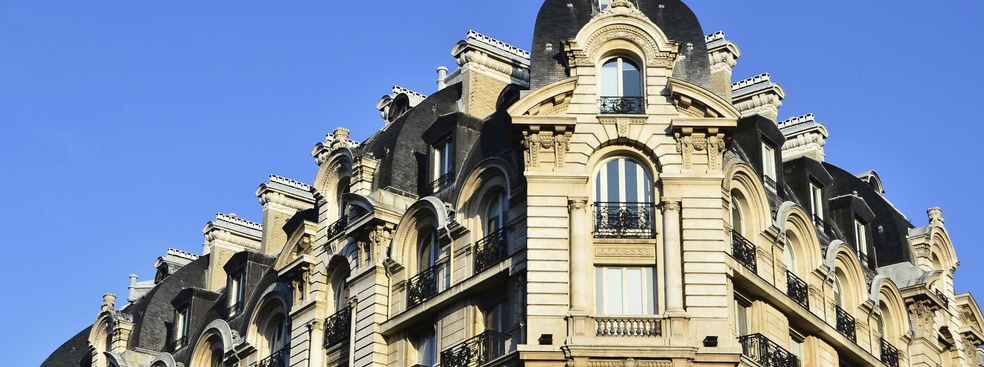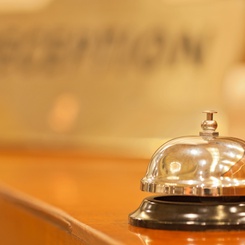It looks as if Airbnb Inc. – the online service that lets people rent their homes to travelers – may become one of the world's most valuable startups. The company is reportedly in advanced talks with private equity firms to raise funds that would give it overall market value of $10 billion - higher than major hotel brands such as Wyndham Worldwide (US$9.4 billion) or Hyatt (US$8.4 billion). With a strategy to clearly position themselves as a full-blown hospitality brand, such comparisons are both interesting and relevant. But are the company’s ambitions realistic?
Not according to Professor Peter O’Connor. Here’s why:
An amateur hotelier is just that… an amateur
Word of an IPO is generating a lot of buzz because the company has low overhead, owns no real estate, has no bell boys to hire and no room service orders to fill. But herein lies the problem. Even as Chip Conley, the new head of Airbnb Global Hospitality talks about ensuring “cohesive standards of hospitality within Airbnb’s host community” by offering training programs, there’s no way Airbnb can consistently deliver the kind of service hotel customers have become used to.
Airbnb’s legal victory last year in France underscores this: Owners who occasionally put a room or their home on Airbnb are OK, while professionals who buy properties specifically to rent out on the systems are subject to more stringent requirements. In France (and in many other countries) at least, the sharing economy looks likely to firmly remain an amateur game.
Airbnb can’t make many guarantees about their “products”
This amateur status is reflected in product delivery. Airbnb does not have any real control over the properties its rents on its service. Because of this, it can’t make important guarantees, whether in terms of safety and cleanliness, or even whether the product actually matches the description advertised. In contrast, one of the reasons hotel chains have grown so strong is the trust they have developed with consumers precisely because they’re highly regulated on such topics.
Regulation will rule!
In fact it is regulation that may ultimately be AirbnB’s downfall. Already the ethics of the company’s hosts are being called into question since some (many?) omit to declare the income gleamed from their rentals. And when things go wrong, questions have arisen in terms of insurance, both for hosts who have their homes ruined or clients ripped off or robbed by unscrupulous hosts. While such incidents thankfully remain rare, growth in the use of the service is prompting more municipalities to act, introducing requirements that complicate Airbnb’s fluid peer-to-peer business model.
At the end of the day, Airbnb is a very interesting concept, but whether this market is sufficiently large to justify the US$10billion price tag currently being touted remains to be seen.









